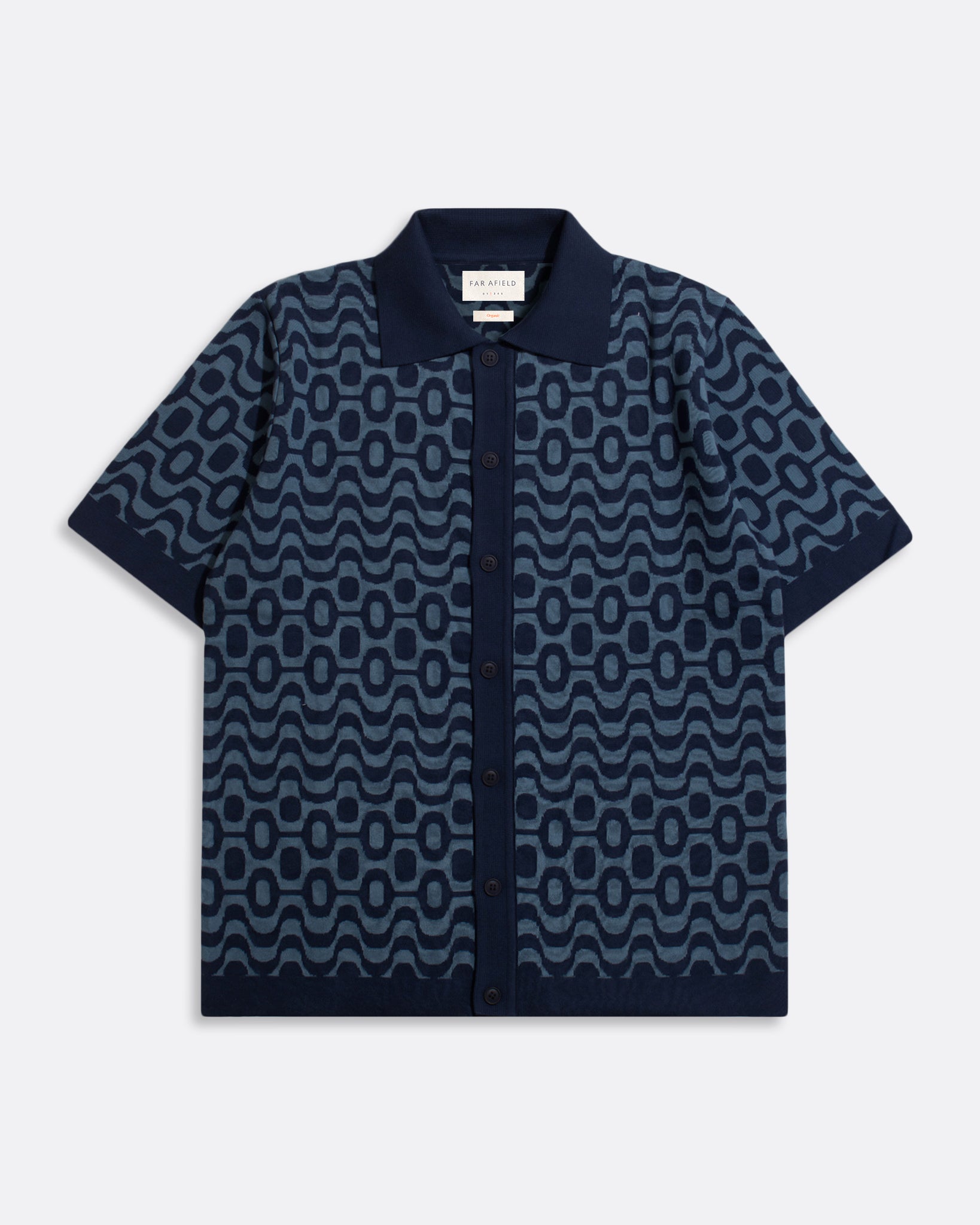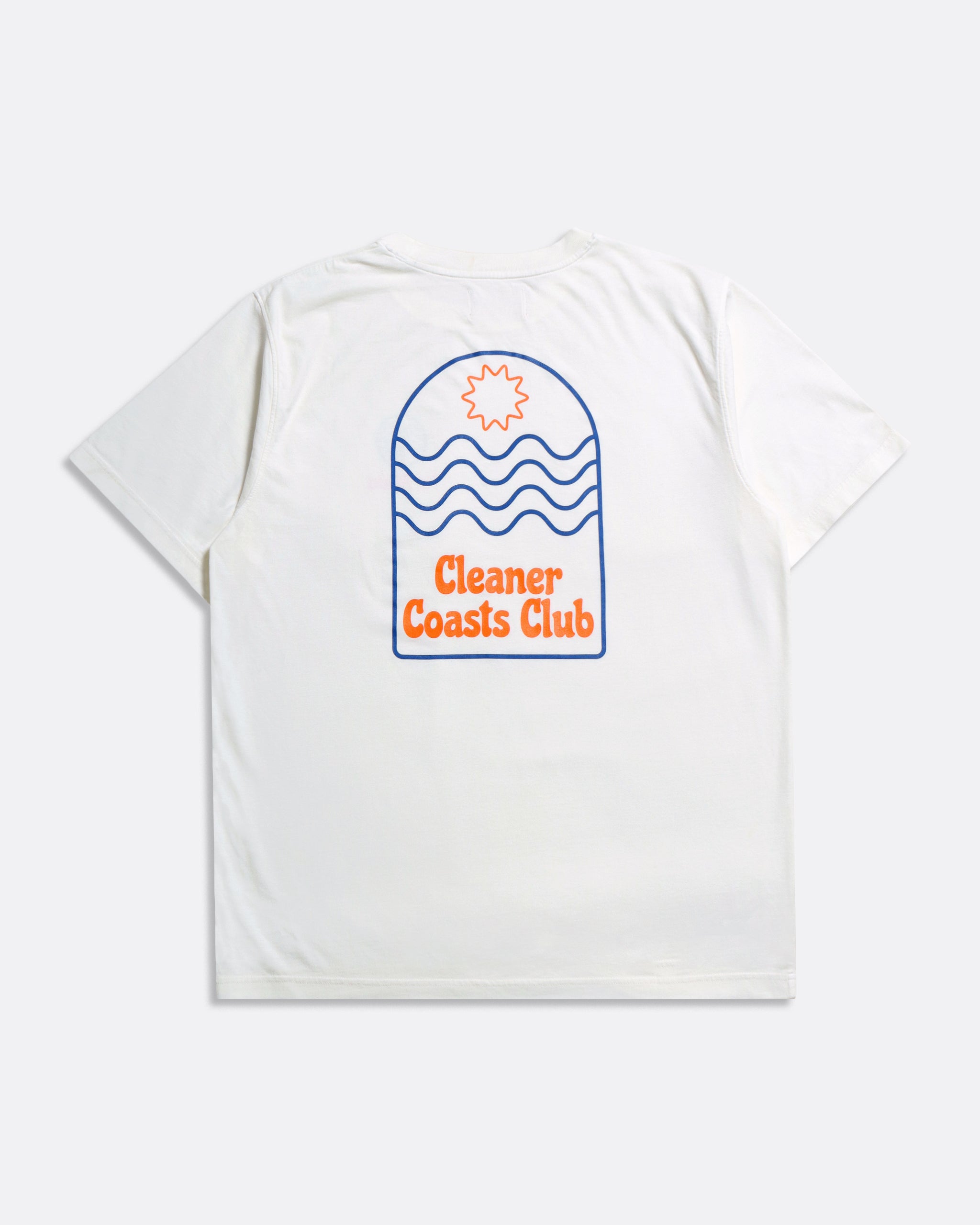Carla and Rasmus Schack - AKA Batukizer - have spent years uncovering hidden gems from Brazil’s rich musical landscape. Based between Copenhagen and Brazil, their sets and mixtapes are built on a deep knowledge of rhythm, culture, and connection - driven by a love of vinyl, rare grooves, and the stories buried inside old records.
We caught up with them off the back of Lost in Music Vol. 45 - a journey into the bold, colourful world of Tropicália, where samba met psychedelia, poetry met protest, and a new Brazilian sound was born - to talk music, travel, vinyl culture, and life between worlds.

What can you tell us about Batukizer? How did it begin – and how has it shifted over time?
Our name is a constructed word, combining batuque (Brazilian percussion) with the English suffix -izer, used for words linked to action or transformation – like fertilizer, melodizer, or crystalizer. We're lovers of music, clubbing, and dance culture. In 2014, we started this DJ project with the aim of digging beyond the obvious, approaching Brazilian music from a curious, cultural, and regional angle.
With our backgrounds as live performers - Carla has been singing and dancing professionally since the age of 17 - and as DJs, we could gauge how unknown tunes worked with curious audiences across Europe and Brazil. But without an audience at first, we began making a series of mixtapes, sharing them across blogs, webradios, YouTube, and SoundCloud. Inspired by the dogma concept from Danish cinema - creating limits to spark creativity - we made themed mixes from 100% Brazilian vinyl.
For the first four years, we were known as Epic Vinyls from Brazil. During the pandemic, we shifted direction and became Batukizer. That’s when some of the mixtapes really took off - Carla had two sets pass a million plays.
At heart, we’re still doing the same thing: getting excited about forgotten tracks and sharing them with curious ears and open minds. Tuning people into “new” sounds.
You come from very different places. How do those perspectives meet in the work you do now?
It’s always great working together as DJs. Two angles, two sets of ears, two reactions to the beats. Carla is the all-knowing, walking library of Brazilian culture. She has an intellectual side, a musical background, and a strong street culture side. She’s a dancer and performer - truly a medium of the power of music. Rasmus is the "mad digger" always trying to find music Carla hasn’t heard before, challenging himself and building a network of collaborations in Brazil.
Before Batukizer, it took Rasmus ten years of travelling and learning Portuguese before he felt ready to play a Brazilian set for Brazilians. Even though he’s been DJing since the '90s, his approach to Brazilian music has always been humble and slow. Today, our combined approach is a mix of what works on the dancefloor and what sounds fresh - even to Brazilians. Carla also knows the artists and the big tunes, she knows Latin rhythms, and creativity comes naturally. It's easy for us to carve our own path.

How does Copenhagen fit into the picture – creatively, personally, practically? Any favourite spots or local recommendations?
Copenhagen has been our home for over 20 years. Carla has a history here as an artist, vocalist, composer, and DJ, and Rasmus as a DJ, promoter, and musical curator. It’s a green, cosy city full of bikes, second-hand markets, and small places where things are always happening.
In summer, the city really comes alive - the parks, the street life, the energy. In recent years there’s been a growing mix of people from all over Europe, adding even more diversity to the events and music culture. There's a curious and open approach to music. Being close to Berlin, London, and the rest of the Nordics keeps it connected too.
We love our neighbourhood, Nørrebro - it's full of record stores, small bars, and places like Nørrebro Vin, Pompette, Selva, Minnas, and Poulette (the chicken sandwich place from The Bear). New things pop up all the time, and there are even a few great street parties through the year.
What keeps drawing you back to Brazilian music and culture?
We’re a Brazilian/Danish family, and Brazilian culture is so rich, dense, regional, and varied that it always feels both exciting and natural to explore it. We love sharing that enthusiasm with dancefloors around the world!
That said, we’re into all kinds of music - from jazz to bass music - and we love club culture history. Carla is also a strong samba and flamenco dancer.
What’s the appeal of vinyl, for you? Is it the sound, the ritual, the chase?
The physical format is great. There’s something special about having sounds that aren't available on streaming. We love the limitations – like packing a DJ bag without digital backups – and how that shapes what you play. It opens up conversations with people too, and it feels good having a huge music library at home.

You’ve travelled a lot – any standout places, or moments that really linger?
Playing the Meta/Esquema party in Belém, in the Amazon state of Pará, was by far the best gig experience with Batukizer. We recorded part of the show and put it on YouTube - you can really feel the energy. The crowd was just THERE. That presence and vibe was magic. We also love playing at Balsa in São Paulo - it feels like home every time.
What can you tell us about the mix you’ve put together? What about Tropicália– how do you relate to that movement and its impact?
It’s great to be doing a new mix. We haven’t done a Tropicália-themed one since touring with Bento Araújo’s LSD book in 2018. This time we’re mixing psychedelic samba with Tropicália from Brazil’s northeast, and odd tracks from classic LPs.
Looking back, Tropicália was incredibly impactful. It grew in both pop and underground resistance circles. The lyrics were simultaneously intellectual, mirthful, and rooted in tradition. The movement took Western influence and "devoured" it, creating a distinct, psychedelic Brazilian sound. Brazil was a brutal dictatorship, but Brazilians at the core are happy and positive people. So lots of creative energy went into the counterculture, disguising messages of freedom and resistance in order to pass the censorship offices.
You can say Tropicália has three layers (and probably more): The lyrical universe, all the musical references and the Brazilian timing/rhythm. Tropicália is great and played at the right time it can still evoke great feelings. It is universal.
What else is catching your attention at the moment? Music, books, people, places – anything goes.
Film: Im Am Still Here (Brazil, 2024)
Docs: Balomania (Brazil, 2024), Copan (Brazil, 2025)
Other: Music and raw nature in Belém; thrift shopping in Curitiba; food and the audio bar scene in São Paulo.
What’s one song or record readers should go and listen to right now?
Lilith - Todo Amor é Bom (Remix, 2025) - balearic street soul with Carla on vocals.
Listen here
LPs:
Cátia de França – 20 Palavras (1979)
Novos Baianos – Acabou Chorare (1972)
And what’s next? Anything in motion, or still taking shape?
We’re excited about a lot right now. Our next NTS show is coming in May. We’ve got a summer residency at Denmark’s Tinderbox Festival, and we’re booked at Grow Hackney in London for Carnival Weekend, August 22nd. There’s a book project in the works, and several remixes of Brazilian rarities coming in 2025. We’re also planning a long Brazil tour in November this year.
Batukizer’s guest mix is available to stream and download now.





























